After watching Tesla's press conference, Lobo Express breathed a sigh of relief
![]() 10/11 2024
10/11 2024
![]() 557
557
At 10:00 am on October 11, at Lobo Express's Beijing headquarters, most computers had opened the live broadcast link of Tesla's "We, Robot" press conference.
Over an hour later, as 50 taxi robots, Cybercab, without steering wheels, accelerators, or brake pedals, and the bus robot, Robovan, capable of accommodating at least 20 passengers, took the stage one after another, Robin Li and his team in front of the screen began to break out in a sweat.
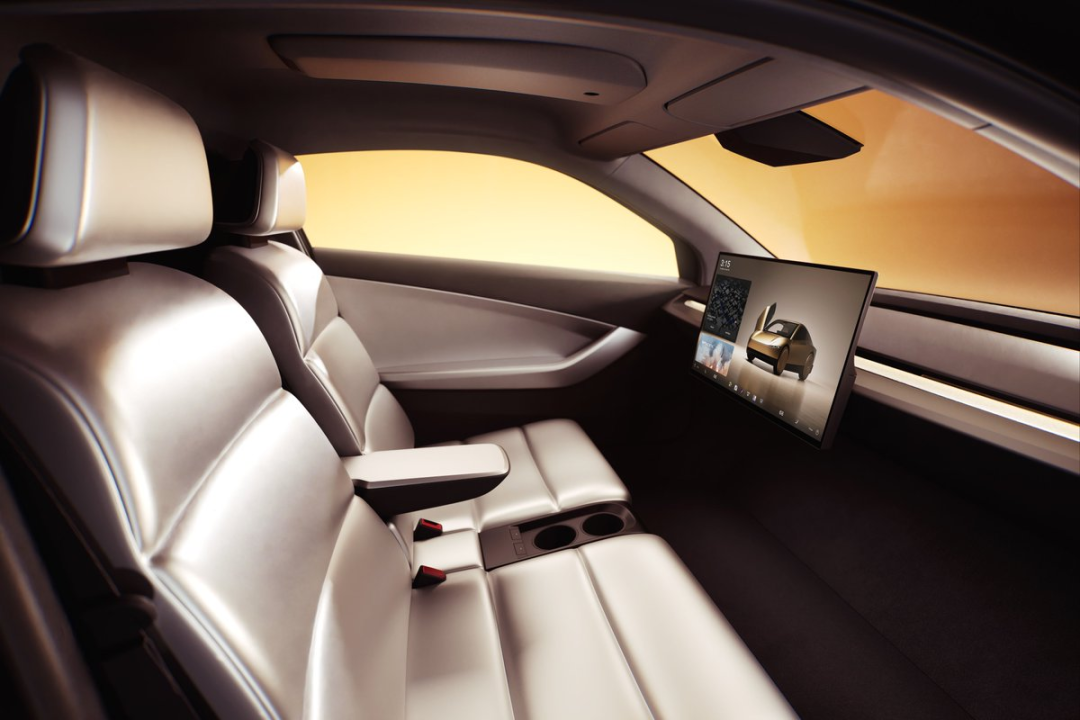
Image sourced from Tesla's official website
"Cybercab is expected to be available to the public as early as 2027," and it wasn't until Elon Musk said this that everyone at Lobo Express let out a sigh of relief.
While half of the above scenario is fictional, and any similarities are purely coincidental, this press conference, which Elon Musk called Tesla's most important since the launch of the Model 3, undoubtedly kept Lobo Express on edge throughout.
As a player in the same autonomous taxi (Robotaxi) space, Lobo Express even created a poster before Tesla's press conference, welcoming Tesla, the newcomer, to the battlefield as an industry pioneer and referring to them as "foreign radishes."
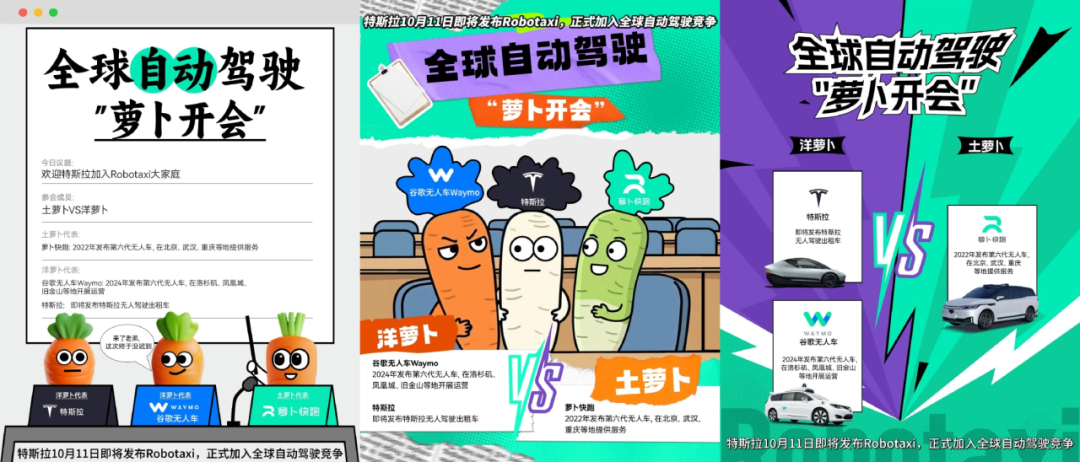
Lobo Express promotional poster
So, which is better, the "native radishes" or the "foreign radishes"? At least in the short term, the two cannot yet compete on the same stage. However, based on Elon Musk's introduction at the press conference, Cybercab offers a broader scope for imagination.
If the removal of steering wheels, accelerators, and brake pedals from the Cybercab represents a foreseeable trend in the development of autonomous taxis, the elimination of the NACS physical charging port represents an even more forward-thinking design. Tesla has applied inductive, quasi-wireless charging technology to the Cybercab, which means that these autonomous taxis will maintain a high level of unmanned automation from passenger transportation to charging and maintenance.
Moreover, unlike autonomous taxis currently in operation both domestically and internationally, the Cybercab features a two-seater layout. According to Elon Musk, conserving space occupied by cars "parked at the destination" is crucial, and autonomous taxis should not be constantly waiting for customers in mall or park parking lots. The two-seater design can significantly reduce the likelihood of empty cars waiting for passengers.
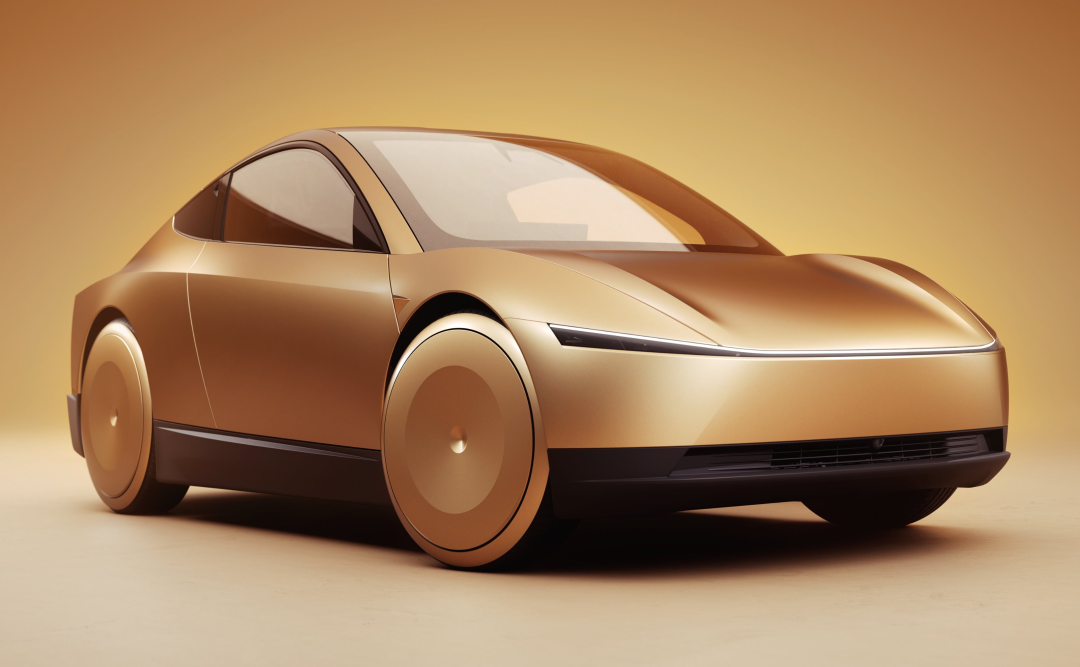
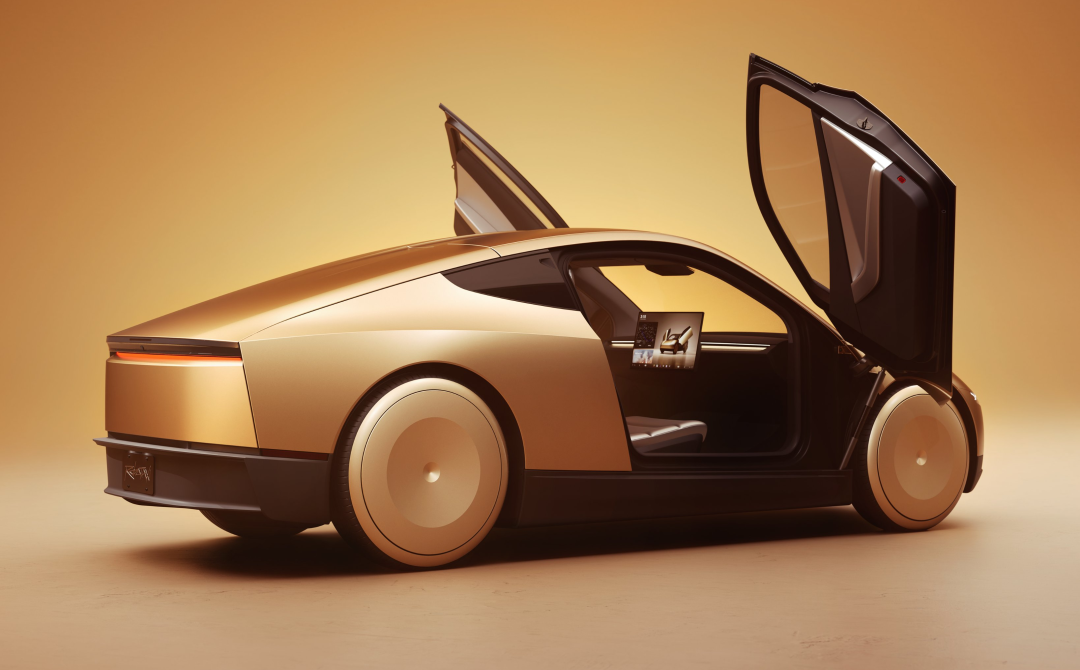
Image sourced from Tesla's official website
Regarding autonomous travel scenarios involving more than two people, Elon Musk suggests calling two or more vehicles or sharing a 20-seater bus robot, the Robovan.
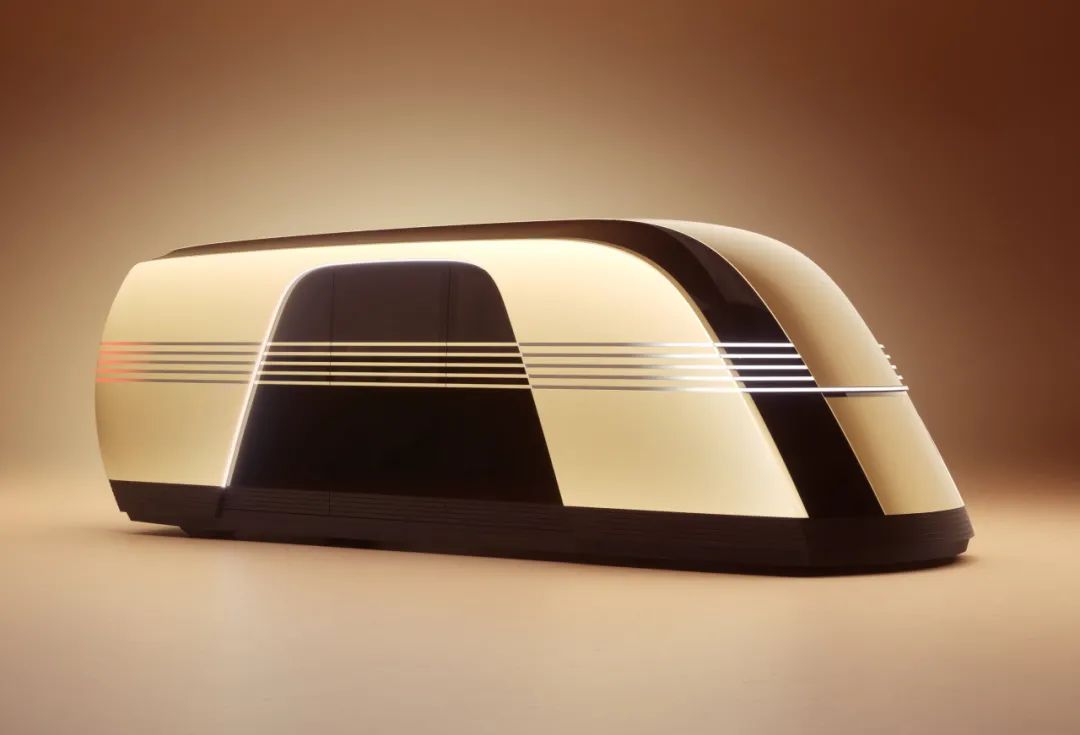
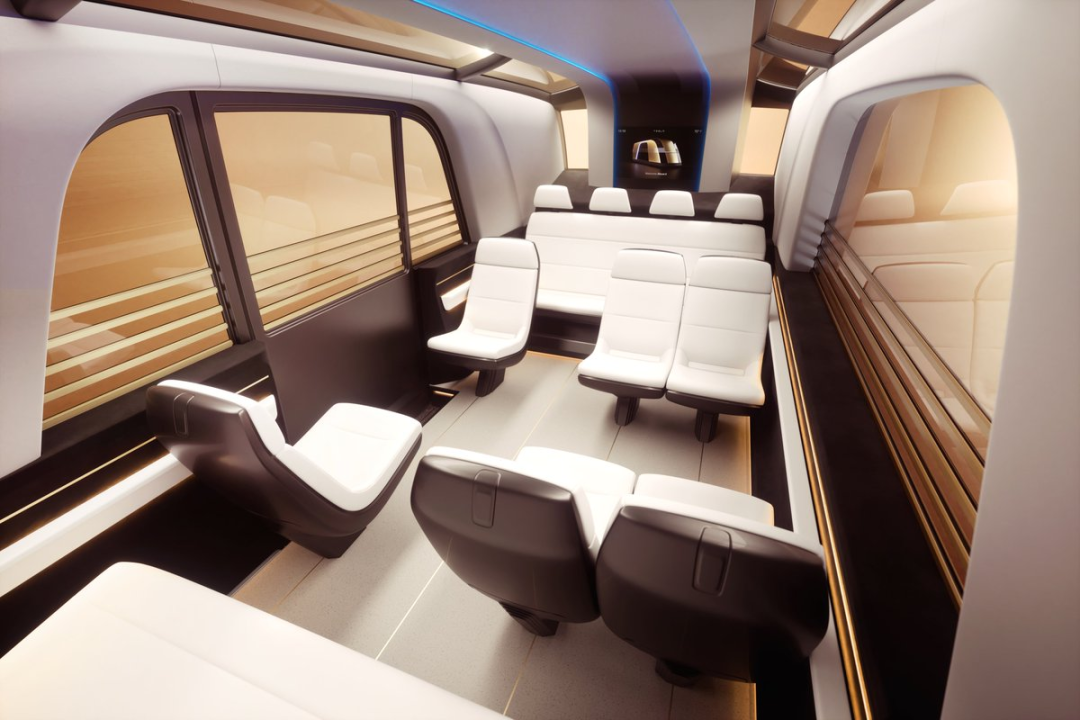
Image sourced from Tesla's official website
While the product form factor is more imaginative, when it comes to actual business implementation, Lobo Express is not afraid of Tesla. Take cost as an example; according to Elon Musk's disclosure at the press conference, the cost of the Cybercab will be kept below $30,000 (approximately RMB 210,000). In comparison, the selling price of Lobo Express's sixth-generation self-driving car, the Yichi 06, is RMB 204,600.
Considering that Tesla's self-driving taxis will not be available for another two years, Lobo Express has ample time to further enhance its products and technologies. On October 11, a senior autonomous driving industry insider told Yuan Media that Tesla's Cybercab will have a limited impact on the domestic autonomous taxi industry.
"Tesla has been selling cars in China for many years, but it has only recently been allowed to enter government procurement lists in certain cities. The Full Self-Driving Capability (FSD) on models like the Model 3 and Model Y is still awaiting approval from relevant authorities. It will be even more challenging for the Cybercab, without even a steering wheel, accelerator, or brake, to enter the market," the insider said.
Perhaps because Tesla's ambitions are too grand, not only have domestic autonomous taxi companies like Lobo Express been relieved, but the capital markets have also lost interest. As of the time of writing, Tesla's (TSLA.US) after-hours share price barely budged, trading at $239.68 per share.
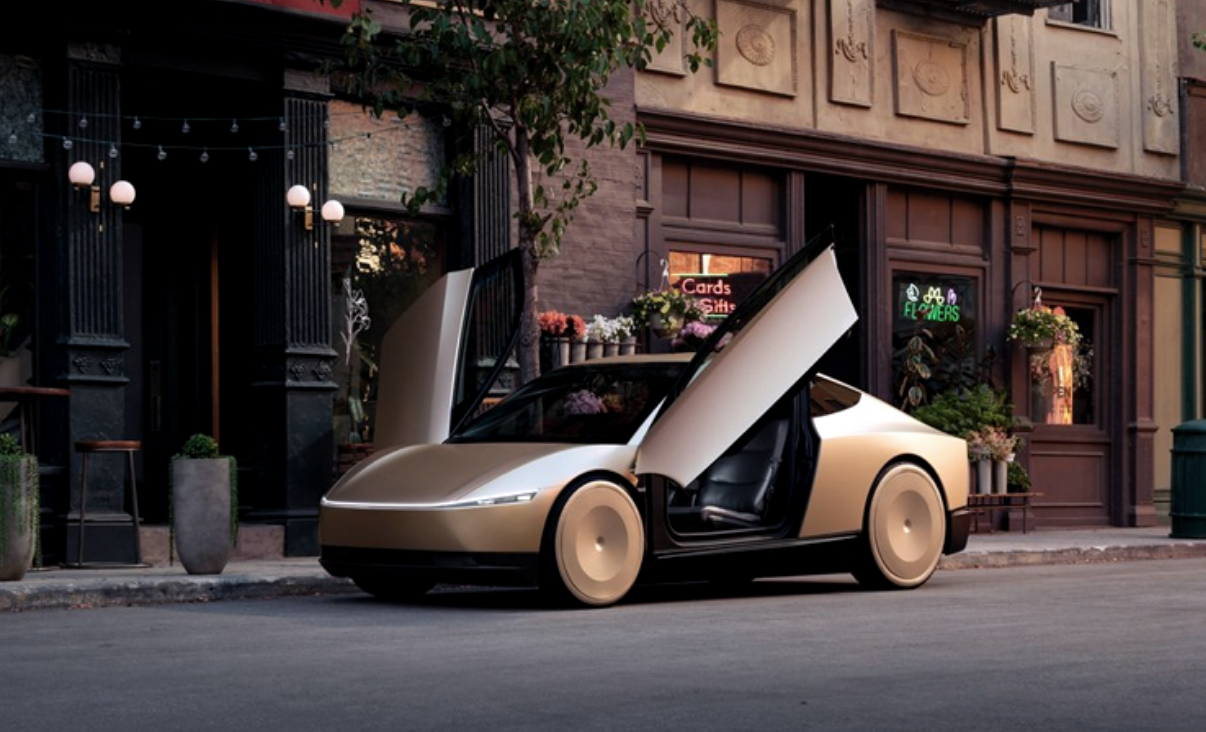
Some images are sourced from the internet. Please notify us for removal if there is any infringement.






